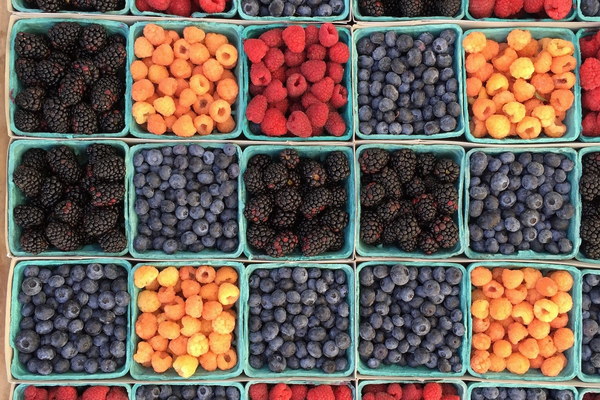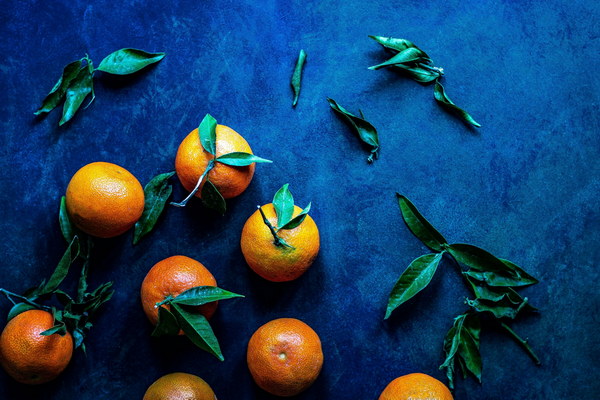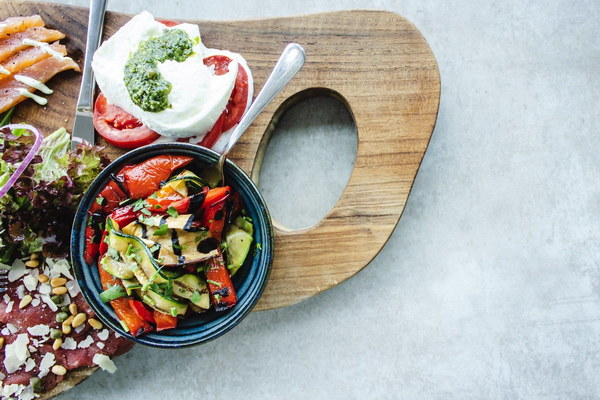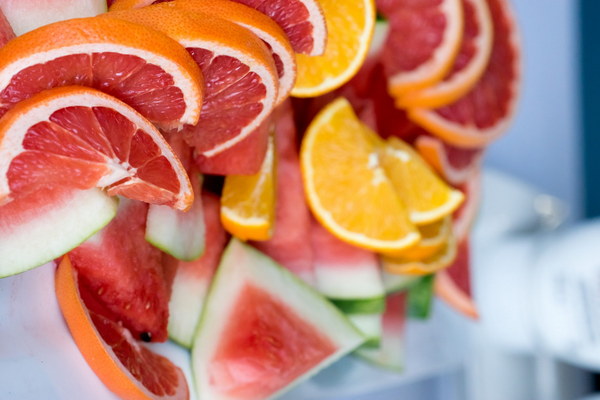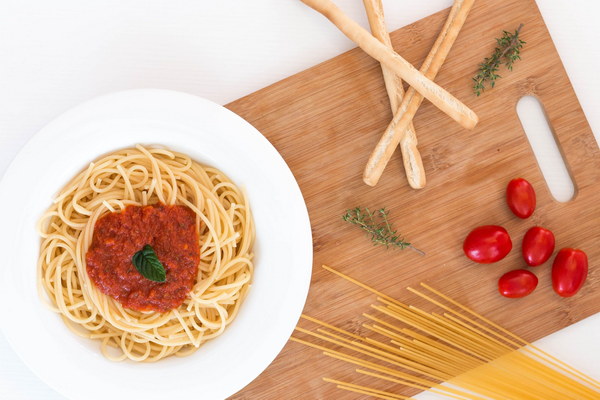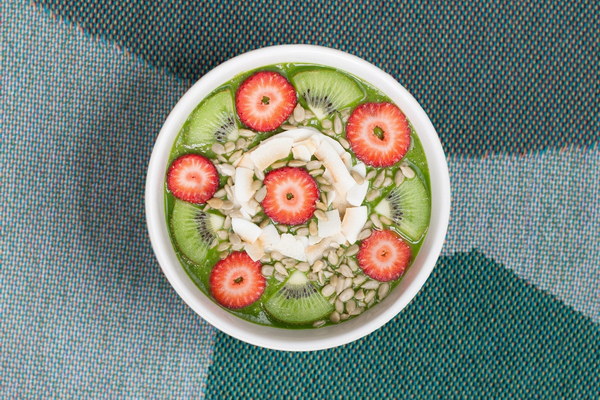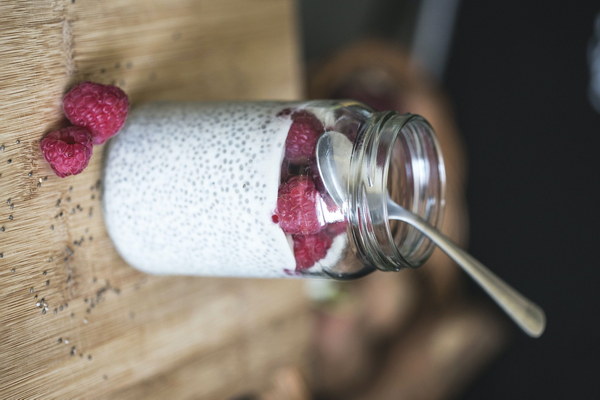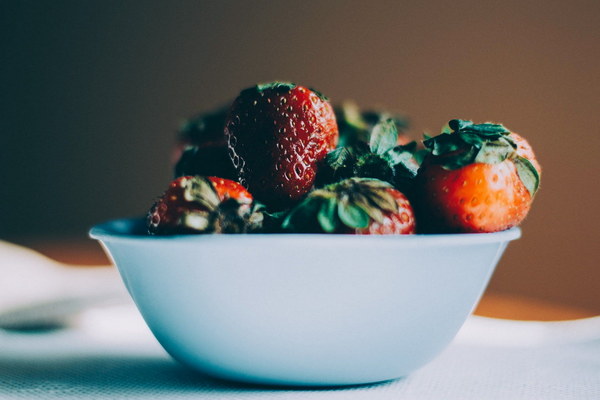Nature's Coolants Discover the Best Foods to Cool Down and Ditch the Damp
In the sweltering heat of summer or the oppressive humidity of a rainy season, our bodies can often feel overheated and weighed down by dampness. Traditional wisdom and modern nutrition both suggest that certain foods can help to cool the body and alleviate excess moisture. Here’s a guide to the best foods to include in your diet to keep your body balanced and comfortable during the warmer months.
Green Vegetables: Nature's Coolants
Leafy greens like spinach, kale, and Swiss chard are not only packed with nutrients but also help to cool the body. These vegetables contain high water content and are rich in vitamins and minerals that support the body’s natural cooling processes.
Spinach is an excellent source of chlorophyll, which has been shown to have a natural cooling effect on the body. It is also rich in iron and calcium, which help to regulate body temperature and support the immune system.
Kale is another leafy green that can help to cool the body. It is high in vitamin K, which is essential for the proper functioning of the body's cooling mechanisms. Kale also contains a wealth of antioxidants that can help to protect the body from the damaging effects of free radicals.
Swiss chard is a versatile vegetable that can be used in salads, soups, or cooked dishes. It contains magnesium, which is known to help regulate body temperature, and it is also rich in antioxidants and vitamin A.
Fruits: The Hydration Heroes
Fruits are nature’s hydration heroes, and many of them can help to cool the body and reduce dampness.
Watermelon is the quintessential summer fruit, with a high water content that helps to hydrate the body. It also contains the amino acid L-citrulline, which can help to improve circulation and reduce inflammation.
Cantaloupe is another hydrating fruit that is rich in vitamins A and C, which support the immune system and can help to fight off infections that are more common in humid conditions.
Pineapple is not only delicious but also contains bromelain, an enzyme that has natural anti-inflammatory properties. It can help to reduce swelling and alleviate joint pain, which can be exacerbated by dampness.
Herbs and Spices: The Body’s Thermoregulators
Herbs and spices have long been used in traditional medicine to help cool the body and balance dampness. Here are some of the best:
Cilantro has a cooling effect on the body and can help to reduce excess heat. It is also a digestive aid that can help to relieve bloating and gas, which are common symptoms of dampness.
Ginger is a powerful anti-inflammatory that can help to reduce body heat and alleviate nausea. It is also known to support digestion and can help to prevent the accumulation of dampness in the body.
Peppermint has cooling properties and can help to reduce inflammation. It is also known for its ability to soothe the digestive system, which can be beneficial when dealing with dampness-related digestive issues.
Grains and Legumes: The Comforting Foods

Grains and legumes are comforting and grounding foods that can help to balance the body’s moisture levels.
Quinoa is a versatile grain that is rich in magnesium and B vitamins, which support the body’s thermoregulatory system. It also has a high water content, which helps to keep the body hydrated.
Chickpeas are a great source of fiber and protein, which can help to keep the digestive system moving and reduce dampness. They are also rich in iron, which supports the immune system.
Conclusion
Eating a balanced diet that includes a variety of cooling and hydrating foods can help to keep your body balanced and comfortable during the warmer months. By incorporating these natural remedies into your diet, you can effectively cool down and reduce dampness, promoting overall health and well-being.
